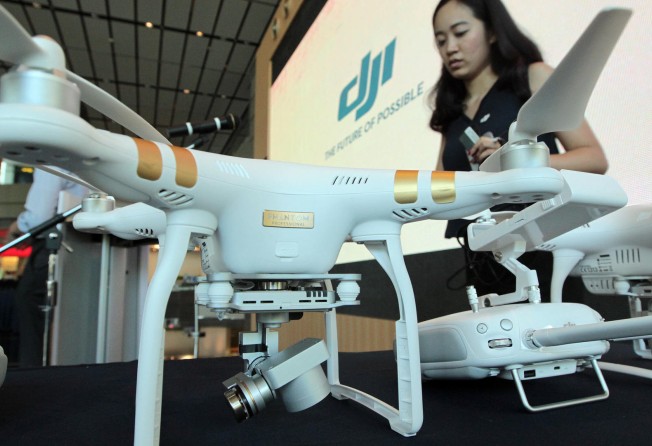China rules on drones under way

China, the world's largest producer of drones, may soon fill its legal void on their management with its first set of regulations, drafted in consultation with more than 20 government units.
A regulation on the management of unmanned aircraft systems - commonly referred to as drones - initiated by the State Council and the Central Military Commission more than two years ago was on the way to being finalised, said Liu Hao, a deputy director of the National Research Centre of Air Traffic Management Law and Standards, who has been helping to draft the regulation.
"Unlike manned aircraft, in the area of unmanned aircraft, we are the world leader in their development and manufacture, which is a good situation but also a pressing situation, because our regulations are lagging far behind," Liu said.
China produces 70 per cent of the world's consumer drones, a market dominated by Shenzhen-based company DJI known for its Phantom flying cameras, while the country's appetite for industrial drones for use in agriculture and surveillance is also expected to grow rapidly as labour costs rise.
Peter van Blyenburgh, the president of industry organisation Unmanned Vehicle Systems International, said no country had a mature policy on drones, given their rapid growth and vastly varying capabilities, and the world was far from having harmonised standards, although "Europe may be the closest".
As many as 23 authorities were involved in the management of drones on the mainland, including the Civil Aviation Administration of China, the Ministry of Industry and Information Technology and the Air Traffic Control Commission, making it difficult to estimate when the regulation might be finalised, Liu said.
"The most important thing about the regulation should be that it be a regulation of the system based on risk management, rather than a regulation of the aircraft," he said, saying the focus should be on the operator and the operational standards.
"It is essential to differentiate three types of risks and responsibilities: flight safety, public security and national security. The latter two cannot be enforced at the cost of the first one, because no matter how good you make a car, you cannot prevent it from being used by bad people."
China began limiting the export of certain drones and high-capability computers for national security reasons from last month.
"Manufacturers of industrial-level drones have been affected, consumer-level drones not so much," said Kyle Ke, a product manager at Guangzhou EHang Intelligent Technology, which makes both kinds of drones.